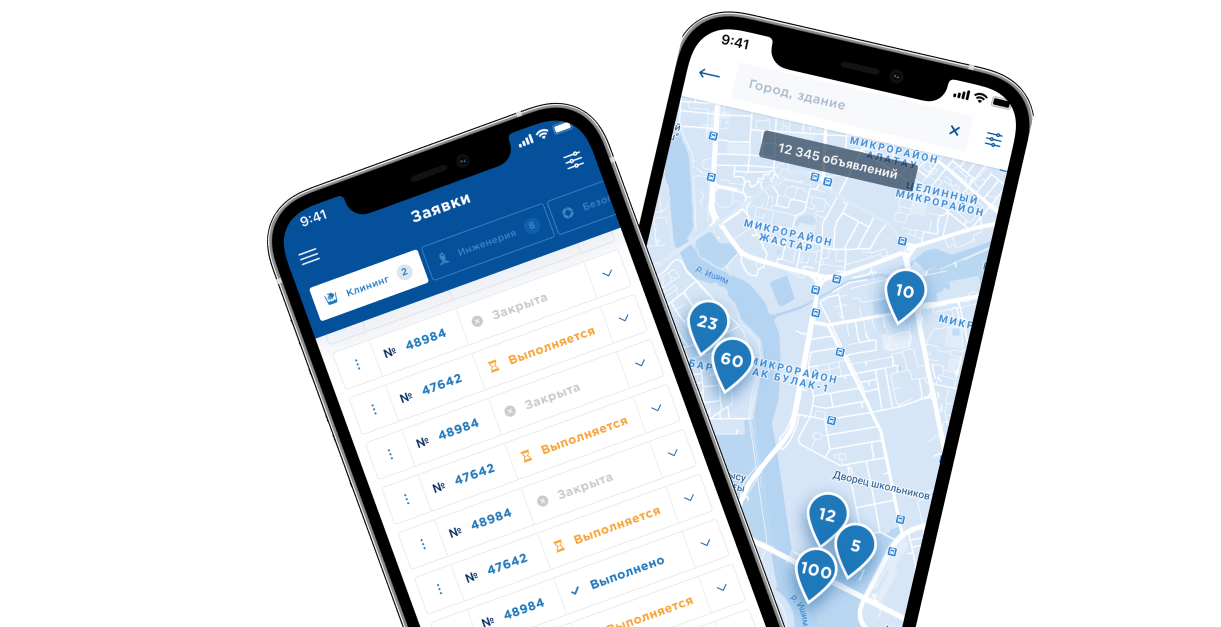
Comprehensive development of web and mobile applications with savings of up to 30% and acceleration of up to 5 times


Accelerate the growth of your business with IT solutions that |
mobile apps ✦ CRM systems ✦ SaaS services ✦ web portals ✦ ERP systems ✦
mobile apps ✦ CRM systems ✦ SaaS services ✦ web portals ✦ ERP systems ✦


What do companies get from working with Sailet?
✦ Savings of up to 30% on the project*
*based on real cases
✦ Acceleration of development by up to 5 times*
*proven by the implementation of our methodology
Full transparency and control
Client portal with access to each stage of development
Flexible solutions for your business
Scalability and customization for any business process
Full-cycle IT solutions
for growing your business
Company management system
Process automation, team and project management
01
IT architecture bureau
Development of individual architectural solutions for complex projects
02
Development of IT products
(web and mobile applications)
(web and mobile applications)
Rapid creation of scalable solutions
03
Integration of AI into business
AI for analytics and automation
04
Technical support
Monitoring and maintenance 24/7
05




development period:
2 months
2 months
stack:
Phalcon, VueJS, React Native, MongoDB, Git, Kubernetes
Phalcon, VueJS, React Native, MongoDB, Git, Kubernetes
development period:
1 month
1 month
stack:
React, Laravel
React, Laravel
Our case studies: from idea to result


Aspandau Teacher educational platform
development period:
2 months
2 months
stack:
React Native, React, Laravel
React Native, React, Laravel


Commercial real estate management portal for BI Group
«Earth Hour 2021/2022» campaign website


Solutions for various industries
B2B service companies
Education
Non-profit organizations
Construction
Pawnshops and second-hand stores
Retail and marketplaces
Logistics
✦ Your industry could be next!
What our clients say about us
✦ Business diagnostics by Sailet experts
Let's discuss your needs and offer effective IT solutions
✦
✦
✦
✦
✦
Submit an application for an audit
Fill out the form and we will contact you to choose a convenient time
By clicking the button, you give consent to the processing of personal data and agree with the privacy policy





